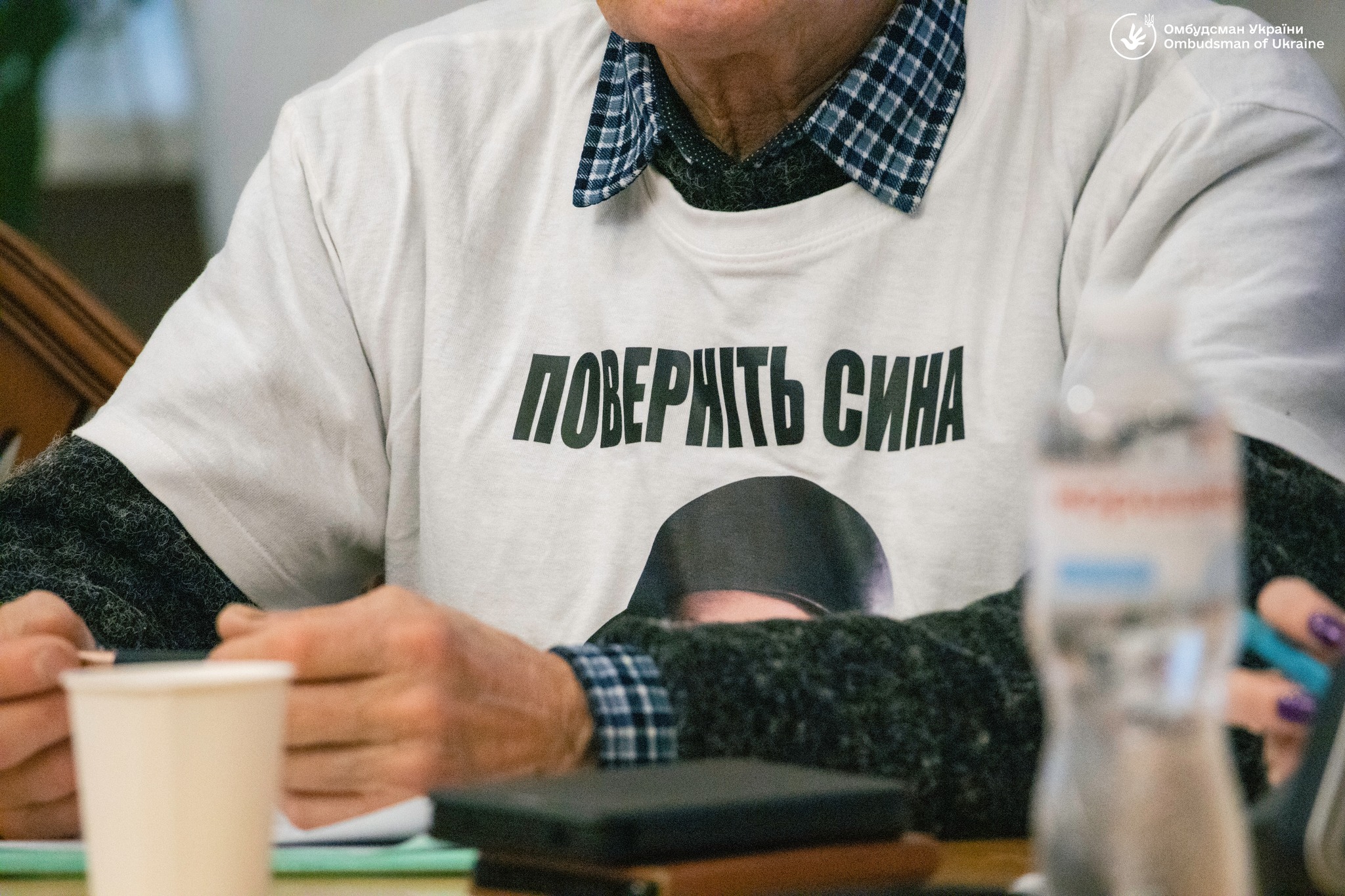В Україні з’явився новий вид шахрайства, спрямований на родичів військовослужбовців Збройних Сил України, які потрапили в полон до російських окупантів. Уповноважений Верховної Ради з прав людини Дмитро Лубінець попередив громадян через свою сторінку у Facebook про цей небезпечний спосіб виманювання коштів у сімей українських військових.
За його словами, шахраї, дізнавшись про те, що Україна здійснила новий обмін полоненими з країною-агресором, створюють облікові записи в соціальних мережах. Вони позиціонують себе нібито звільненими військовополоненими або колишніми військовополоненими, які вже несуть службу, та обіцяють надати інформацію про солдатів й офіцерів, яких вони “бачили в полоні” або “мають про них інформацію”. При цьому зловмисники просять гроші собі чи “особам, які цим займаються”.
Лубінець повідомив, що шахраї у месенджері Telegram створюють спеціальні канали, щоб виманювати гроші та персональні дані у членів сімей українських військовополонених. Люди, стурбовані долею своїх близьких, не помічають обману та готові платити шахраям гроші.
Омбудсмен закликав українців довіряти лише офіційній інформації про військовослужбовців, які потрапили в полон до окупантів. Не можна пересилати гроші, оскільки обіцянка нібито надати інформацію чи допомогти зі звільненням – це обман.
З питань обміну військовополонених слід спілкуватися лише з уповноваженими органами державної влади. Достовірну інформацію про розшук своїх зниклих родичів можна отримати в Управлінні з питань осіб, які зникли безвісти за особливих обставин (телефон “гарячої лінії” 1698).

Під час війни шахраї дзвонять та надсилають текстові повідомлення громадянам, пропонуючи свої послуги з нібито звільнення військовополонених. Зловмисники називають себе волонтерами, журналістами чи представниками країни-агресора. За свої послуги вони просять переслати їм на карту гроші. Також вони виманюють у довірливих громадян персональні дані військовослужбовця, який зник безвісти.
Так, у грудні 2024 року правоохоронці затримали мешканку Київської області, яка виманила майже 1 млн грн у дружини полоненого захисника “Азовсталі”. Шахрайка переконала потерпілу, що має нібито власні зв’язки з адміністрацією російської в’язниці, де утримують українського військовослужбовця. За грошову винагороду вона обіцяла “допомогти прискорити” процес повернення полоненого військовослужбовця додому. Шахрайка залякувала потерпілу тим, що якщо не передати гроші, то для полоненого будуть дуже погані наслідки.
За цим фактом правоохоронці відкрили кримінальне провадження за ч.4 ст.190 Кримінального кодексу України (Шахрайство). Зловмисниці загрожує від 3 до 8 років позбавлення волі.

